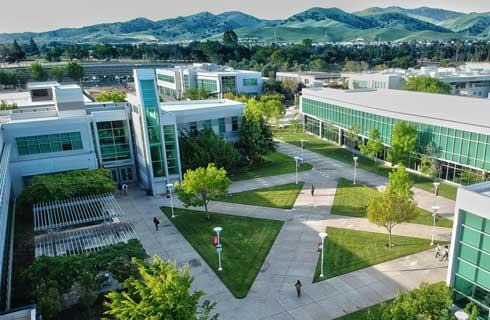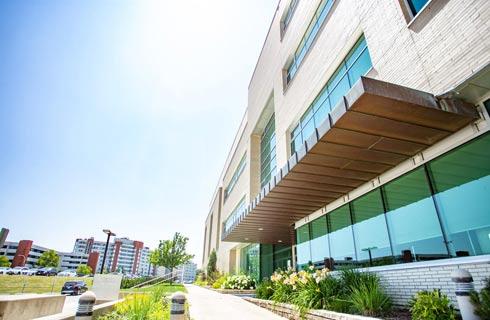Bachelor of Science in Applied Climate Change and Adaptation

学历文凭
Bachelor Degree

专业院系
School of Climate Change and Adaptation

开学时间

课程时长

课程学费

国际学生入学条件
IDP—雅思考试联合主办方

雅思考试总分
6.5
- 雅思总分:6.5
- 托福网考总分:80
- 托福笔试总分:550
- 其他语言考试:Pearson Test of English - 58
CRICOS代码:
申请截止日期: 请与IDP联系 以获取详细信息。
课程简介
相关申请
 预科
预科 奖学金
奖学金 实习机会
实习机会 在校学习
在校学习 跨境学习
跨境学习 校园授课-线上开始
校园授课-线上开始 在线/远程学习
在线/远程学习
开学时间&学费
学费信息仅供参考,请与IDP联系以获取详细信息
| 开学时间 | 时长 | 学费 | 地点 |
|---|
关于爱德华王子岛大学

爱德华王子岛大学(UPEI)坐落在迷人的历史名城夏洛特敦,拥有多样化的学术课程和一个紧密的社区,是国际学生的理想选择。爱德华王子岛大学拥有一个安全和行人友好的校园,通过小班教学和敬业教授营造的环境,大学不仅帮助学生成功,而且帮助他们蓬勃发展,因此赢得了卓越的声誉。作为来自全球各地的学生越来越受欢迎的选择,UPEI校园里有来自90多个国家/地区的1600多名国际学生,约占学生总数的30%。作为一所公立大学,UPEI拥有全加拿大最实惠的学费和生活费。爱德华王子岛结合了独特融合:美丽、充满启发和高性价比,使其成为大学学习的理想场所。它的人口只有16.8万,是加拿大最小的省份,但却拥有丰富的遗产、文化和高品质的生活。夏洛特敦拥有历史悠久的街道、公园、建筑、商店、剧院、酒馆和艺术画廊,为该岛唯一的大学UPEI提供了一个舒适而富有文化气息的环境。除了丰富的文化产品外,该岛还以其迷人的海滩、田园风光、舒适的城镇和充满活力的文化社区而闻名。它位于加拿大的东海岸,是一个安全和负担得起的生活和学习场所,使其成为来自世界各地的国际学生的完美选择。在爱德华王子岛大学(UPEI),学生可以找到他们所需的个性化学习经验和以职业为重点的成果,以追求他们的激情所在和实现他们的目标。UPEI实行小班教学,学生可以很容易地接触到教授和导师,大学提供一系列的课程,使学生可以开辟自己的天地。对于可能面临挑战的学生,UPEI有各种支持服务,包括学术辅导、咨询、个人咨询和无障碍服务。
本校相关课程
其他相关课程

Master of Science in Chemical Engineering- Climate Solutions
 哥伦比亚大学
哥伦比亚大学泰晤士高等教育世界大学排名:20
学历文凭
Masters Degree
开学日期
课程费用总额


Skills Certificate in Climate Protection Professional
斯凯兰学院
学历文凭
Advanced Certificate
开学日期
课程费用总额


Bachelor of Science in Chemistry - Environmental Chemistry
 圣弗朗西斯大学
圣弗朗西斯大学学历文凭
Bachelor Degree
开学日期
课程费用总额


Master of Science in Earth Sciences - Climate - Ocean - Atmosphere (Climate Sciences)
 加州大学圣地亚哥分校
加州大学圣地亚哥分校学历文凭
Masters Degree
开学日期
课程费用总额


气候学博士
 不列颠哥伦比亚大学
不列颠哥伦比亚大学学历文凭
Ph.D.
开学日期
课程费用总额


环境化学理学学士
 丹佛大学
丹佛大学泰晤士高等教育世界大学排名:571
学历文凭
Bachelor Degree
开学日期
课程费用总额
















